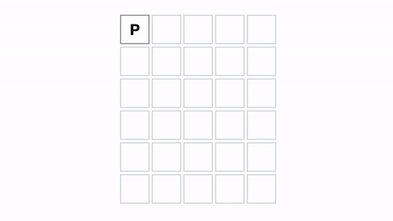
The once-ubiquitous word game, Wordle, appears to be losing its grip on the global audience that embraced it fervently just over a year ago. In February 2022, millions of players engaged daily with the game, sharing their results in group chats and celebrating their victories. As interest wanes, many former players find themselves reflecting on the communal joy that Wordle brought to their mornings.
Wordle, created by Josh Wardle, quickly became a social phenomenon. At its height, the game attracted over 2 million players daily, with users sharing their results in various online forums. According to data from The New York Times, the game amassed over 5 billion plays last year alone, demonstrating that while it may no longer dominate conversations, the gameplay itself has not diminished.
From Daily Ritual to Fading Trend
Initially, Wordle fostered a sense of community among players. Many formed dedicated WhatsApp groups to discuss their daily scores, offering a glimpse into each other’s lives through a simple grid of letters. The game encouraged friendly competition, with players exchanging strategies and sharing their starter words, creating a unique bond over language.
As time progressed, however, the excitement began to fade. Players started to disengage, with group chats experiencing a noticeable drop in activity. One participant would take a break, another would stop posting, and eventually, the once-bustling chat became a solitary space. The enthusiasm that characterized the Wordle experience turned into silence, leaving many to feel a sense of loss.
Despite declining interactions, it is important to note that the game itself remains popular. The transition from sharing results to a lack of communication reflects a broader shift in online engagement. As players moved on to new interests, the ritual of posting Wordle scores felt less meaningful, transforming the once-exciting activity into a solitary endeavor.
The Shift in Online Interaction
In today’s digital landscape, interactions often appear curated and performance-driven. Communication has evolved, with many feeling the need to present polished, engaging content. Group chats that once thrived on simplicity now focus on discussions of popular shows or trending topics, often requiring quick wit and immediate responses. The casual chats that once defined the Wordle experience have been replaced by a pressure to contribute something noteworthy.
Reflections on the Wordle phenomenon are often tinged with nostalgia. For Ali Berg, a writer based in Melbourne, the game once offered a comforting daily routine. She recalls how Wordle conversations became a way to check in on friends’ lives, blending play with personal updates. The game allowed for shared experiences without the need for elaboration or performance, creating a sense of connection that many now miss.
The decline in Wordle-related conversations highlights a significant shift in how people engage online. As players navigate through various forms of digital interaction, the simplicity of Wordle stands in stark contrast to the complexities of contemporary communication. The shared moments of joy, previously encapsulated by a simple grid, have been overshadowed by the need for constant engagement.
Ultimately, while Wordle may no longer command the attention it once did, its legacy endures in the memories of those who participated. The game fostered a unique sense of community that transcended mere gameplay. As the digital landscape continues to evolve, the quiet mourning for the simplicity and joy that Wordle provided serves as a reminder of the profound impact that language and connection can have in our lives.






